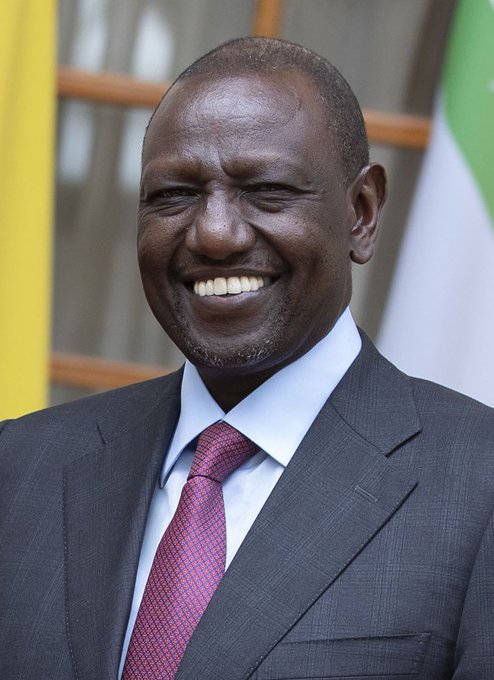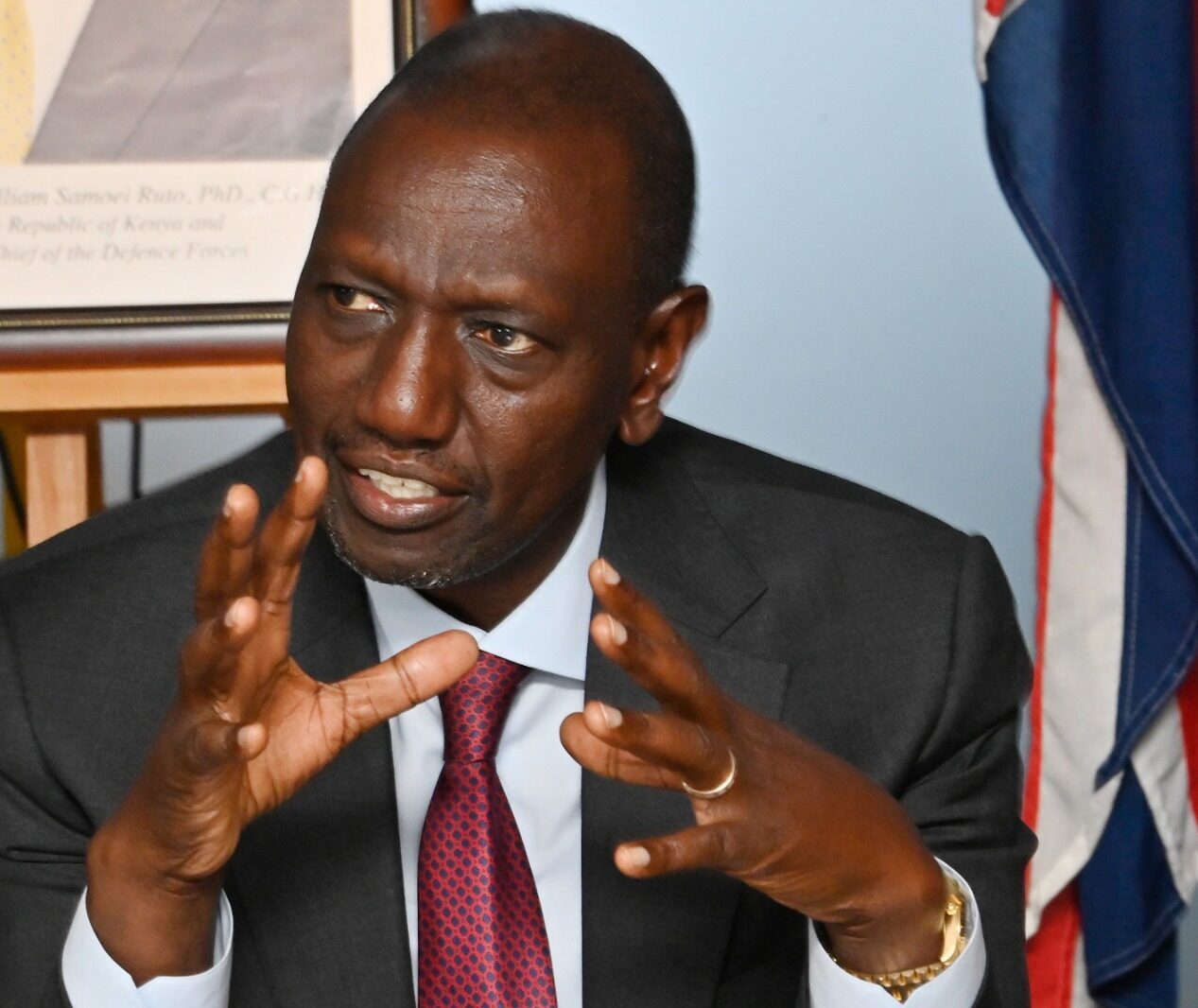In a moment that could reshape the dynamics of East African diplomacy, Kenyan President William Ruto has extended a formal apology to Tanzania over a recent deportation row that spiraled into a full-blown diplomatic crisis. The incident, which also involved Uganda, threatened to fracture the delicate bonds of regional brotherhood, but Ruto’s gesture at the 22nd National Prayer Breakfast signals a new chapter in the pursuit of unity and mutual respect.
The Spark: Arrest and Deportation of Activists
The controversy erupted when Tanzanian authorities detained and deported Kenyan and Ugandan activists who had traveled to Dar es Salaam to observe the high-profile trial of opposition leader Tundu Lissu. Among those affected were Boniface Mwangi, a renowned Kenyan activist, and Agather Atuhaire, a respected Ugandan journalist. Reports soon emerged of incommunicado detention, alleged torture, and a lack of consular access—claims that sent shockwaves across the region.
Human rights organizations, including Amnesty International, swiftly condemned the actions, spotlighting the risks faced by activists and journalists in East Africa. Kenya’s National Commission on Human Rights confirmed that Mwangi had suffered torture while in custody, further fueling outrage among Kenyan and Ugandan citizens.
The Fallout: Diplomatic Tensions and Social Media Storm
The incident quickly escalated beyond government corridors. Social media platforms became battlegrounds, with young Kenyans—many fresh from last year’s anti-tax protests—directing their frustration at Tanzanian President Samia Suluhu Hassan. Tanzanian lawmakers fired back, accusing Kenyans of cyberbullying and disrespecting national sovereignty. Some even suggested that the activists should have faced harsher penalties for allegedly interfering in Tanzania’s internal affairs.
The digital conflict reached a fever pitch when Kenyan netizens shared the contact details of Tanzanian MPs, flooding their phones with messages of protest. Jesca Msambatavangu, the MP for Iringa Town, found herself overwhelmed, temporarily disabling her phone. Yet, in a surprising twist, she invited Kenyan youth to a dialogue, urging them to “counter with ideas” rather than insults and promising a live session to foster understanding.

The Apology: A Call for Unity
Against this backdrop of tension, President Ruto’s apology at the National Prayer Breakfast was both timely and symbolic. “To our neighbours from Tanzania, if we have wronged you in any way, forgive us. Our friends from Uganda, if there is anything that Kenyans have done that is not right, we want to apologise,” he said. Ruto also addressed Kenya’s youth, acknowledging their frustrations and pledging to build a relationship that would make the region great.
The apology was partly inspired by a plea from visiting American pastor Rickey Allen Bolden, who called for reconciliation among leaders. Ruto’s words were widely interpreted as a call for unity and mutual respect, even as he reaffirmed Kenya’s commitment to good neighborliness.
The Road Ahead: Challenges and Opportunities
While the apology marks a crucial step toward reconciliation, underlying issues remain unresolved. Tanzania has yet to respond to allegations of torture and ill-treatment, and President Samia has reiterated her stance against foreign interference. Human rights groups continue to demand accountability and justice for the activists.
This episode underscores the delicate balance between national sovereignty and the ideals of East African unity. It also highlights the power of public sentiment in shaping diplomatic relations, especially in an era where social media amplifies every grievance and apology.
Conclusion: A Region at a Crossroads
President Ruto’s apology is more than a diplomatic formality—it is a testament to the enduring spirit of East African brotherhood. As the region navigates the complexities of integration, mutual respect, and human rights, this moment serves as a reminder that the path to lasting peace and cooperation requires sustained dialogue, empathy, and a shared vision for the future.
In the end, the quest for East African unity is not just about resolving disputes, but about building a community where every voice is heard and every neighbor is respected. The journey from rift to reconciliation is ongoing, but with leaders willing to apologize and citizens eager to engage, the future of East Africa looks brighter than ever.

